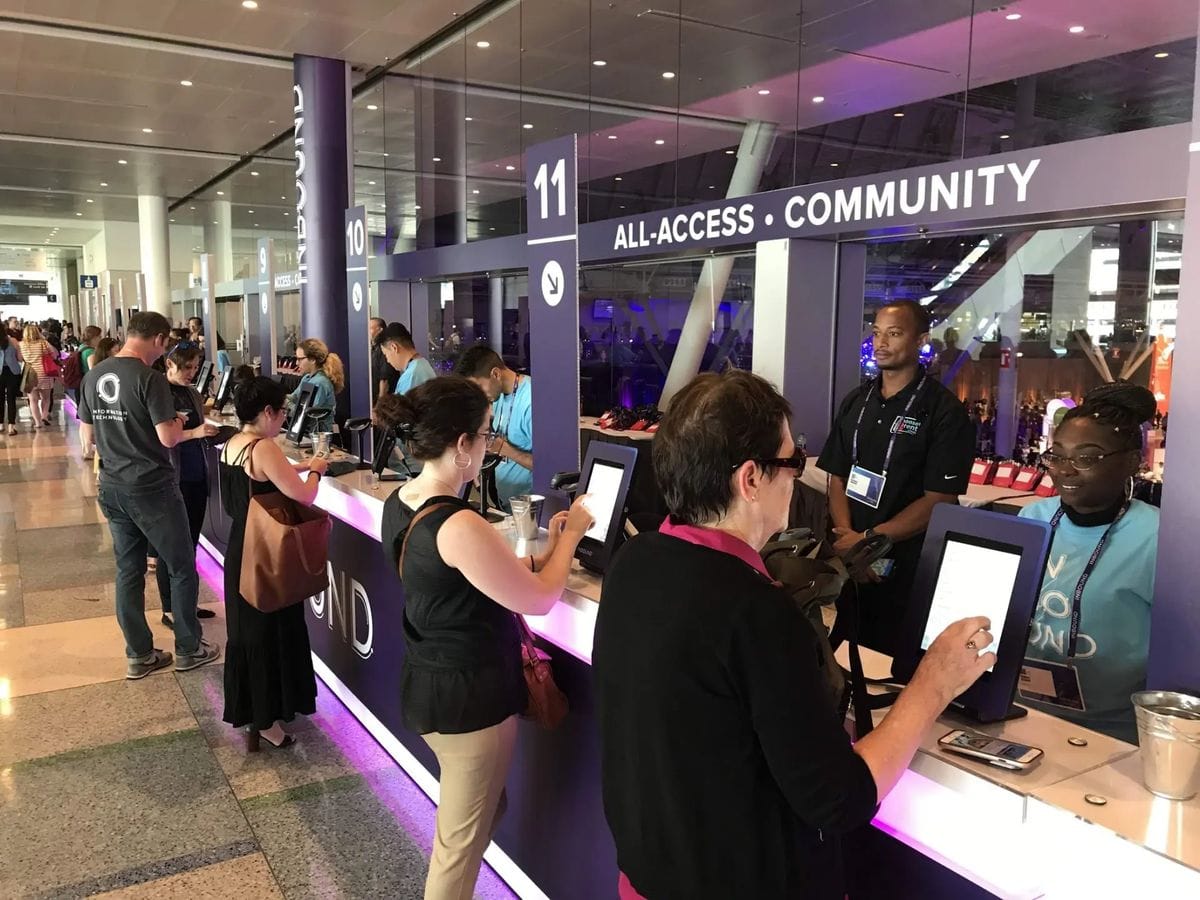Event planning has long been plagued by fragmented workflows, where different aspects of the process operate in isolation. Marketing teams work separately from logistics coordinators, venue managers rarely communicate directly with catering services, and attendee management systems don't sync with registration platforms. This siloed approach creates inefficiencies, communication gaps, and missed opportunities that can make or break an event's success.
The emergence of AI-powered integrated event management platforms is revolutionizing how professionals approach event planning, creating seamless connections between previously disconnected processes and stakeholders.
The Cost of Fragmented Event Management
Traditional event planning often resembles a complex puzzle where pieces don't naturally fit together. Marketing departments might launch campaigns without real-time visibility into venue capacity constraints. Registration systems may not automatically communicate dietary restrictions to catering teams. Budget tracking happens in isolation from vendor negotiations, leading to cost overruns and last-minute scrambles.
These silos create multiple pain points. Data gets duplicated across systems, increasing the risk of errors and inconsistencies. Communication breakdowns lead to missed deadlines and confused stakeholders. Most critically, the lack of integrated insights prevents planners from making informed decisions that could optimize both attendee experience and operational efficiency.

The Power of Unified Event Platforms
Modern AI event integration platforms are breaking down these barriers by creating centralized ecosystems where all event components communicate seamlessly. These unified event platforms serve as command centers that orchestrate every aspect of event management, from initial concept through post-event analysis.
Rather than juggling multiple disconnected tools, event professionals can now work within integrated environments where marketing automation syncs with venue management, attendee data flows automatically to catering systems, and budget tracking updates in real-time based on vendor negotiations. This holistic approach eliminates the information gaps that have historically caused events to fall short of their potential.
AI as the Integration Engine
Artificial intelligence serves as the connective tissue that makes seamless event planning possible. AI systems can analyze patterns across different event components, identifying optimization opportunities that human planners might miss when working within individual silos.
For example, Artificial Intelligence AI can correlate weather forecasts with historical attendance data to recommend optimal venue capacity adjustments. It can analyze dietary preference trends from registration data to automatically suggest catering modifications. Machine learning algorithms can even predict potential scheduling conflicts by analyzing vendor availability patterns and suggest alternative arrangements before problems arise.
The true power of AI tool integration lies in its ability to process vast amounts of interconnected data simultaneously. While human planners excel at creative problem-solving and relationship management, AI handles the complex task of maintaining awareness across all event variables, ensuring nothing falls through the cracks.
Streamlining Communication and Collaboration
Integrated AI platforms transform how event teams collaborate. Instead of endless email chains and fragmented communication, stakeholders access shared dashboards that provide real-time visibility into all project aspects. Vendors can update their status directly within the system, triggering automatic notifications to relevant team members.
This transparency creates accountability and reduces the miscommunication that often derails event timelines. When the venue coordinator updates capacity constraints, the marketing team immediately sees updated parameters for their promotional campaigns. When registration numbers spike, catering and logistics teams automatically receive alerts to adjust their preparations accordingly.
Data-Driven Decision Making
All-in-one event AI platforms generate unprecedented insights by analyzing data across all event touchpoints simultaneously. Instead of making decisions based on incomplete information from isolated systems, planners can access comprehensive analytics that reveal the true relationships between different event variables.
These insights enable more strategic decision-making. Planners can identify which marketing channels generate the highest-value attendees, understand how venue layout impacts networking effectiveness, and optimize resource allocation based on real-time demand patterns. The result is events that not only meet their objectives but exceed expectations through data-informed optimization.

Implementation Strategies for AI Integration
Successfully implementing integrated event management requires careful planning and stakeholder buy-in. Organizations should begin by mapping their current event processes to identify the most problematic silos and integration opportunities. Training teams on unified platforms ensures smooth adoption and maximizes the benefits of AI tool integration.
Change management becomes absolutely crucial as teams adjust from specialized tools to comprehensive platforms. However, the efficiency gains typically justify the initial learning curve, especially as AI systems become more intuitive and user-friendly with each technological advancement.
The Future of Seamless Event Planning
As AI technology continues advancing, integrated event management platforms will become even more sophisticated. Predictive analytics will enable proactive problem-solving, while automated workflows will handle routine tasks, freeing planners to focus on creative and strategic elements that create memorable experiences.
The future belongs to event professionals who embrace unified platforms and leverage AI integration to create seamless, efficient, and successful events. By breaking down silos and harnessing the power of connected systems, the event industry is entering a new era of precision, efficiency, and exceptional attendee experiences.


